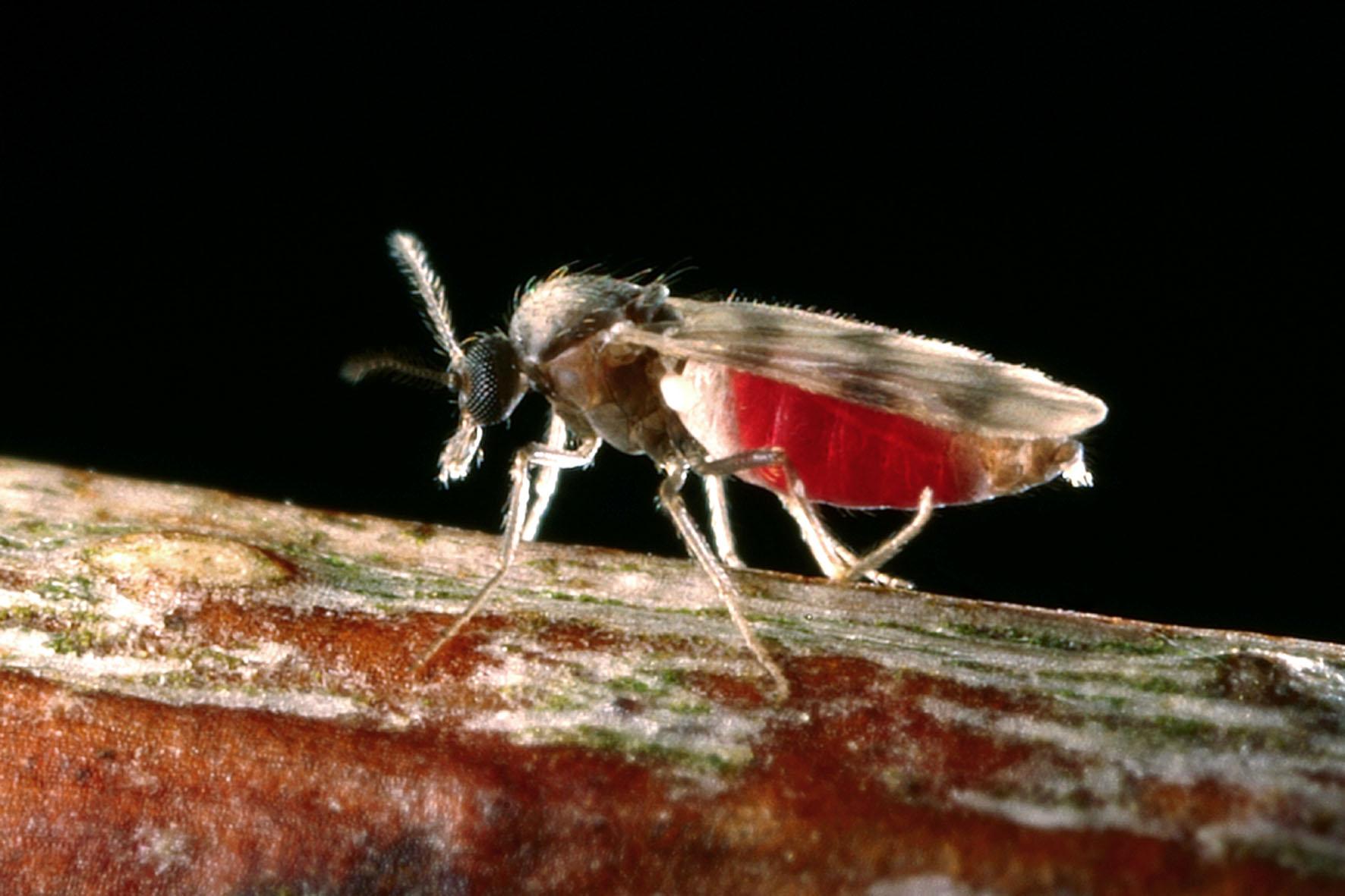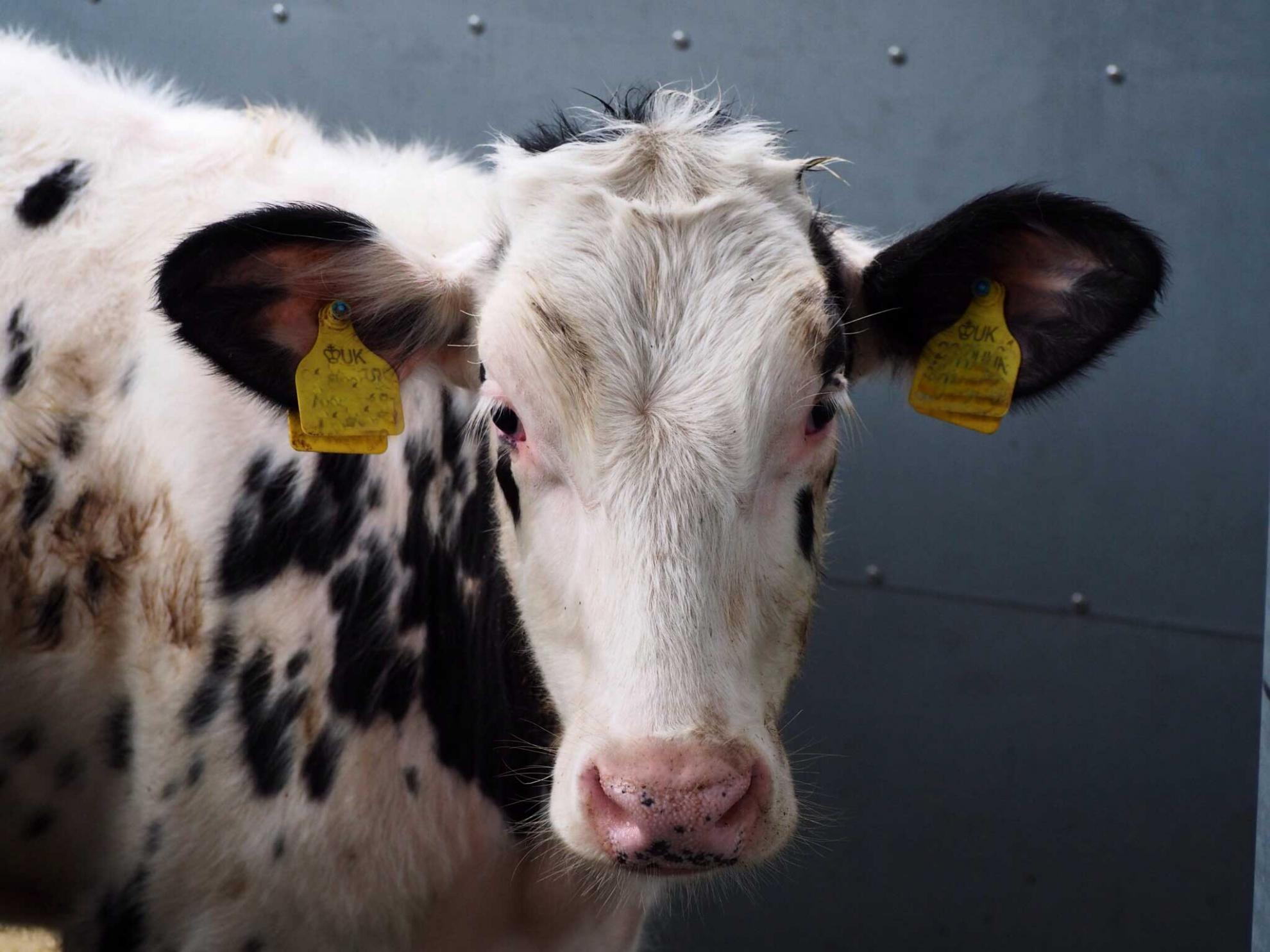The Pirbright Institute maintains genetically distinct and scientifically important inbred lines of chickens, pigs and MHC-defined cattle.
Infectious disease models in these natural hosts are excellent tools to understand the biological features of host-pathogen interactions that are essential for developing improved control strategies.
These genetically defined, inbred animal models offer insights into the relationship between diseases and genetic resistance.
We produce and supply these unique lines of animals to support research both within the Institute and externally across the UK.
The Babraham line of pigs was developed during the 1970’s at the Babraham Institute near Cambridge. They were one of several lines of inbred pig developed at this time as pigs are a good physiological, immunological and pre-clinical model for humans in terms of transplantation, due to their similarities in size and anatomy when compared to humans.
Selective breeding was carried out after skin grafts were performed in potential parents, and the animals that displayed the least cross-rejection were bred. This process continued until animals that tolerated skin grafts were produced. The herd has now been confirmed as homozygous at the Major Histocompatability Complex (MHC) loci.
The advantages of the Babraham line of pigs include:
- Reduced phenotypic variability while maintaining ‘commercial’ genotype
- Lack of genotypic variation affecting large-scale measures of gene expression:
- Transcriptomics microarrays
- Proteomics
- High level of inbreeding and MHC homozygosity allowing:
- cell-mixing experiments in vitro
- ex vivo manipulation of cells or tissues before re-introduction, transfer or transplant
- The congenic system allowing tracking of cell transfers/transplants in vivo.
Due to their high level of inbreeding and MHC homozygosity, the Babraham line of pigs has the potential to be of major importance for farm livestock research and for translational clinical research.
The major histocompatibility complex (MHC) homozygous cattle herd was established in the early 1990s to provide a resource to study the role of T cells and MHC during the immune response to infection.
The MHC genes orchestrate many parts of the immune response and are highly variable between individuals. In order to shed light on the relative contribution of different genes/gene combinations and to carry out meaningful functional studies, we require animals that carry well-characterised and have representative MHC haplotypes of commercial cattle.
Our herd represents three MHC haplotypes (A14, A18 and A31) and have many associated resources, including a BAC library, sequences, cells lines, and MHC tetramers.
This is a powerful resource to help drive our understanding of the biological features of host-pathogen interactions that are essential for developing improved control strategies.
Moreover, the use of genetically defined, inbred animal species with specific disease resistance can provide valuable insights into the association between diseases and genetic resistance.


